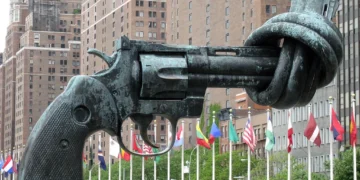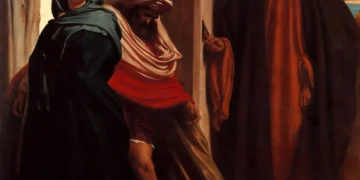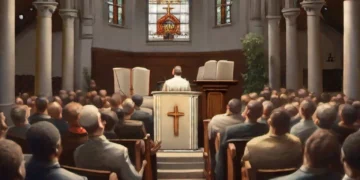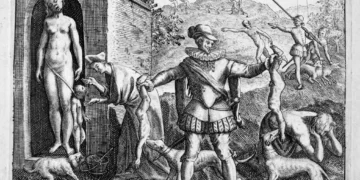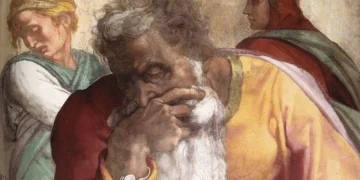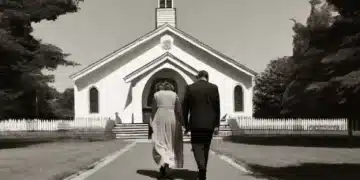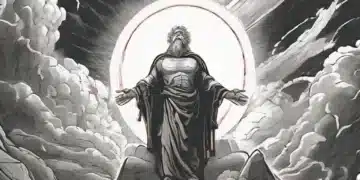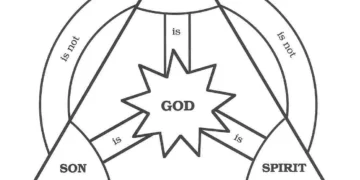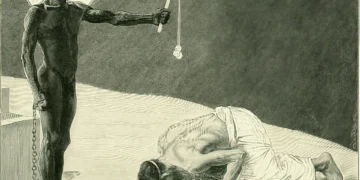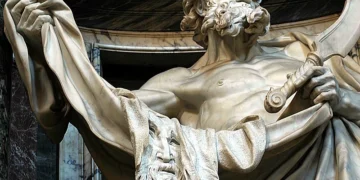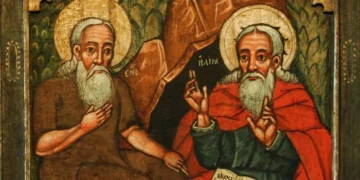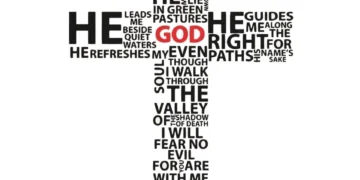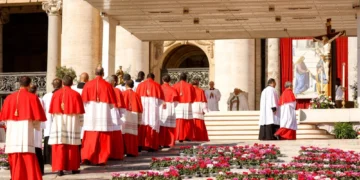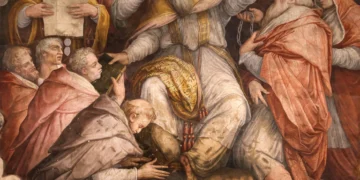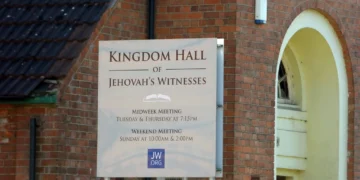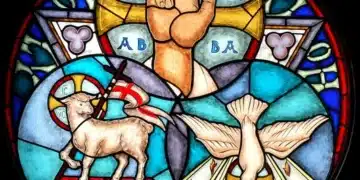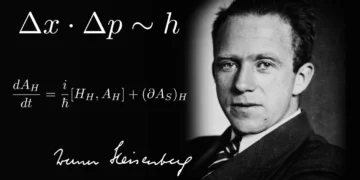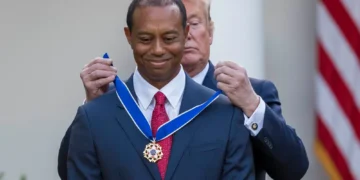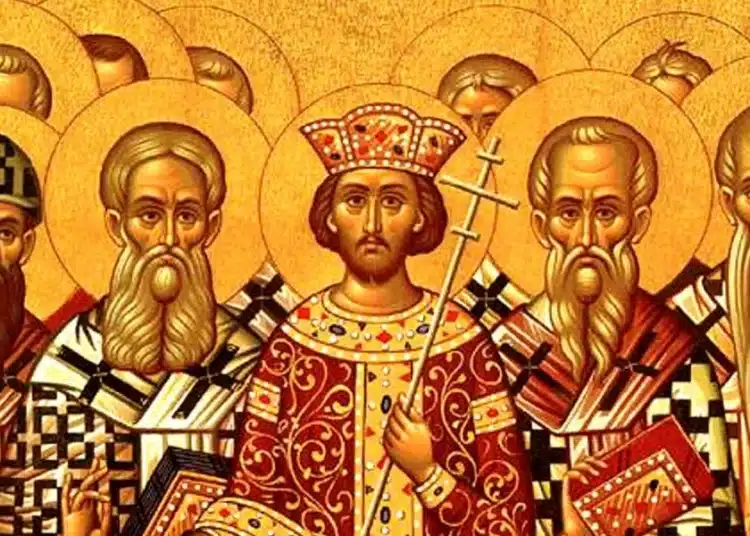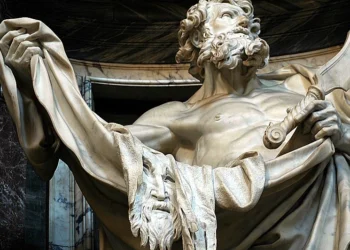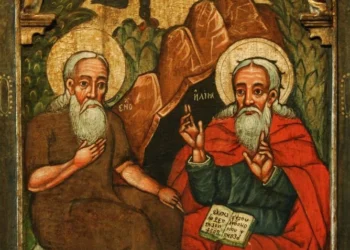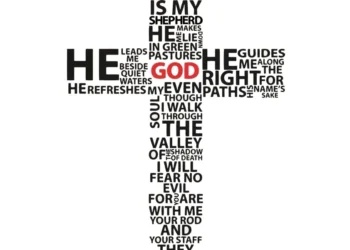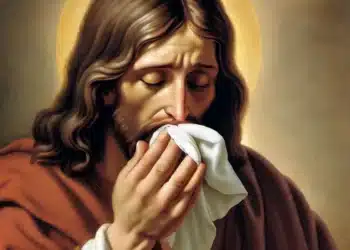In a world brimming with diversity, it is the shared beliefs that bind communities together and give solace during turbulent times. One such testament of unity and faith is the Nicene Creed. With its origin rooted in the early Christian church, the Nicene Creed has traversed centuries, leaving an indelible mark on the historical and spiritual landscape of humanity. This descriptive article illuminates the rich significance of the Nicene Creed, highlighting its historical importance and profound impact on the modern world.
Historical Significance
The Nicene Creed derives its name from the First Council of Nicaea in 325 AD, where it was formulated as a response to theological debates that threatened to divide the early Christian church. Leading Christian theologians convened at this monumental assembly to address the nature of Christ’s divinity and His relationship with God the Father. The creed was intended to establish a common foundation of belief and foster unity among Christians.
One of the pivotal figures in the formulation of the Nicene Creed was Saint Athanasius, whose unwavering commitment to orthodoxy and the belief in the divinity of Christ became a guiding light for centuries to come. The Council at Nicaea affirmed Jesus Christ as “true God from true God, begotten, not made,” emphasizing the eternal nature of His existence. This decision laid the foundation for a theological tradition that continues to shape Christian thought in the present day.
Impact on the Modern World
The Nicene Creed carries immense significance, serving as a beacon of unity amidst an ever-evolving world. Its enduring message resonates with believers across denominations, cultures, and centuries. The creed underscores the crucial tenets of Christianity, such as the belief in the Holy Trinity – God the Father, God the Son, and God the Holy Spirit. This core doctrine unites Christians in their shared faith and inspires them to embrace the divine mystery that encompasses their belief system.
Moreover, the Nicene Creed has become an integral part of Christian liturgy, recited in various denominations during worship services worldwide. Its powerful words serve as a reminder of the Christian community’s shared heritage, reinforcing their collective identity and fostering a sense of belonging. The creed’s profound simplicity encapsulates the essence of Christianity while allowing room for believers to deepen their personal relationship with God.
Recital of the Nicene Creed
And now, let us join in the recital of the Nicene Creed, voiced by countless faithful souls throughout the ages:
We believe in one God, the Father, the Almighty,
Maker of heaven and earth,
of all that is, seen and unseen.We believe in one Lord, Jesus Christ,
the only Son of God,
eternally begotten of the Father,
God from God, Light from Light,
true God from true God,
begotten, not made,
of one Being with the Father.
Through him, all things were made.
For us and for our salvation,
he came down from heaven:
by the power of the Holy Spirit,
he became incarnate from the Virgin Mary,
and was made man.For our sake, he was crucified under Pontius Pilate;
he suffered death and was buried.
On the third day, he rose again
in accordance with the Scriptures;
he ascended into heaven
and is seated at the right hand of the Father.We believe in the Holy Spirit, the Lord, the giver of life,
who proceeds from the Father and the Son.
With the Father and the Son, he is worshipped and glorified.
He has spoken through the Prophets.
We believe in one holy catholic and apostolic Church.
We acknowledge one baptism for the forgiveness of sins.
We look for the resurrection of the dead,
and the life of the world to come. Amen.
Massive Theological Significance
The Nicene Creed, originating from the First Council of Nicaea, has journeyed through history, bridging divisions and inspiring unity. Its theological significance, coupled with its impact on modern Christianity, cannot be overstated. As we recite these words of faith, let us remember the strength they bring to believers worldwide, reinforcing our shared devotion and guiding us toward a more harmonious and faithful future.
